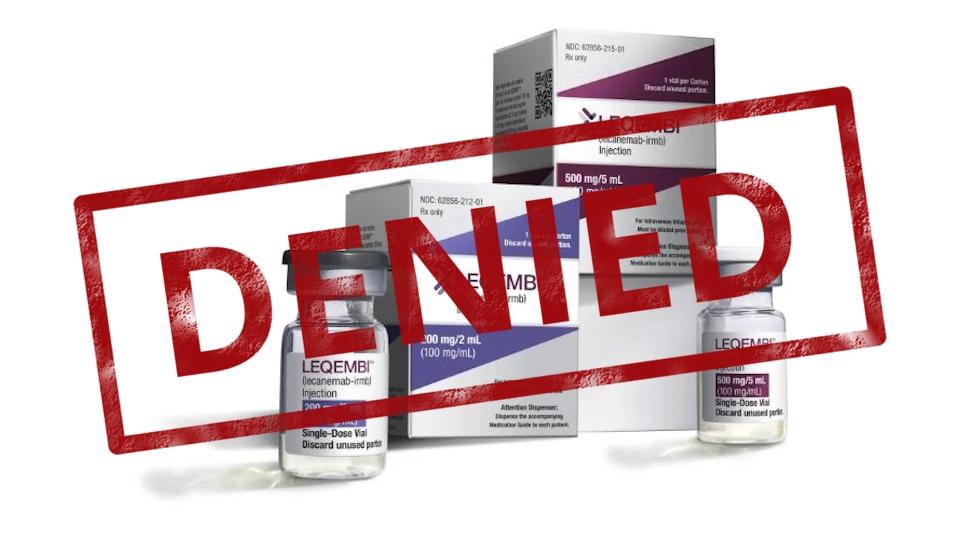In shock move, EU panel rejects Alzheimer's drug Leqembi

The EMA's human medicines committee has recommended against approval of Eisai and Biogen's Alzheimer's disease therapy Leqembi, after regulators in the US, China, and Japan gave a green light to the drug.
In the surprise development, the CHMP said that the benefits of the anti-amyloid antibody – which was aiming to become the first disease-modifying drug for Alzheimer's in the EU – are outweighed by the risk of serious adverse events.
In a statement, the EMA said its committee had concluded that the benefits of Leqembi (lecanemab) on cognitive impairment do not counterbalance side effects including "the frequent occurrence of amyloid-related imaging abnormalities (ARIA), involving swelling and potential bleedings in the brain."
The CHMP also concluded that, after 18 months of treatment, the benefit seen with Leqembi on CDR-SB – a 1.21-point increase with the drug versus a 1.66-point rise with placebo – represented a "small" improvement.
The panel also had concerns that the risk of ARIA was more pronounced in people who carry the ApoE4 gene, a risk factor for Alzheimer's, and particularly for who are homozygous – i.e. they have two copies of the variant – as they would be "more likely to become eligible for treatment with Leqembi."
In a statement, Eisai and Biogen said they were "extremely disappointed by the CHMP's negative opinion and understand that this may also be disappointing for the wider Alzheimer's disease […] community."
Eisai, which is taking the lead on the application, will seek a re-examination of the CHMP opinion, they said. Leqembi is already on the market in the US, China, and Japan, and has also been approved in South Korea, Hong Kong, and Israel.
"There is a significant unmet need for new innovative treatment options that target an underlying cause of disease progression," commented Lynn Kramer, Eisai's chief clinical officer.
"We remain focused on making a meaningful difference to those living with early AD and those closest to them."
The CHMP decision follows a similar verdict on Eisai and Biogen's first amyloid-targeting drug Aduhelm (aducanumab), which was approved in the US on a fairly controversial dataset, but later withdrawn due to poor sales.
Alzheimer's Disease International estimates that there are around 152 million people with dementia worldwide, with Europe as a whole accounting for around 22 million of that total, equivalent to around 14% of all cases – although, the region's spending power would make it a more important market commercially than those numbers would suggest.
The question now is whether the CHMP's decision could apply a brake on the rollout of Leqembi in its launch markets, which has been slow to gather momentum, with first-quarter sales of the drug recorded at just $19 million, albeit up from $7 million in the fourth quarter and $10 million for 2023 as a whole.
Eisai recently updated its financial guidance for the drug, saying it expects prescribing to ramp up in its current fiscal year to reach more than $360 million. However, Leqembi now faces its first competition in the anti-amyloid category following the FDA approval of Eli Lilly's Kisunla (donanemab), which offers a reduced dosing frequency, meaning it requires fewer visits to infusion clinics.
Kisunla is also approved for use only until amyloid plaques are cleared from the brain, while Leqembi's label calls for continuous treatment, and Lilly claims that will make its drug more cost-effective, despite having a higher yearly price.












